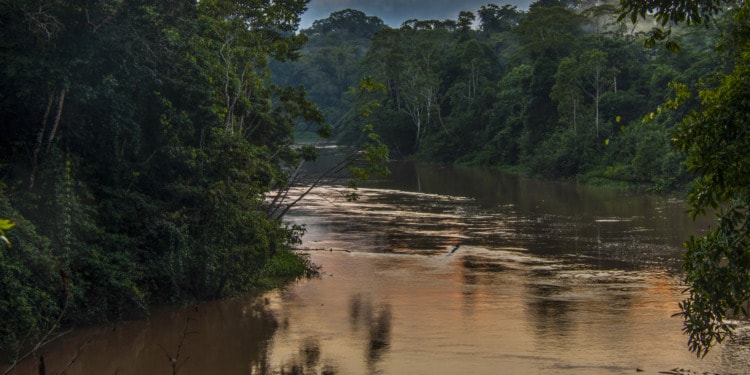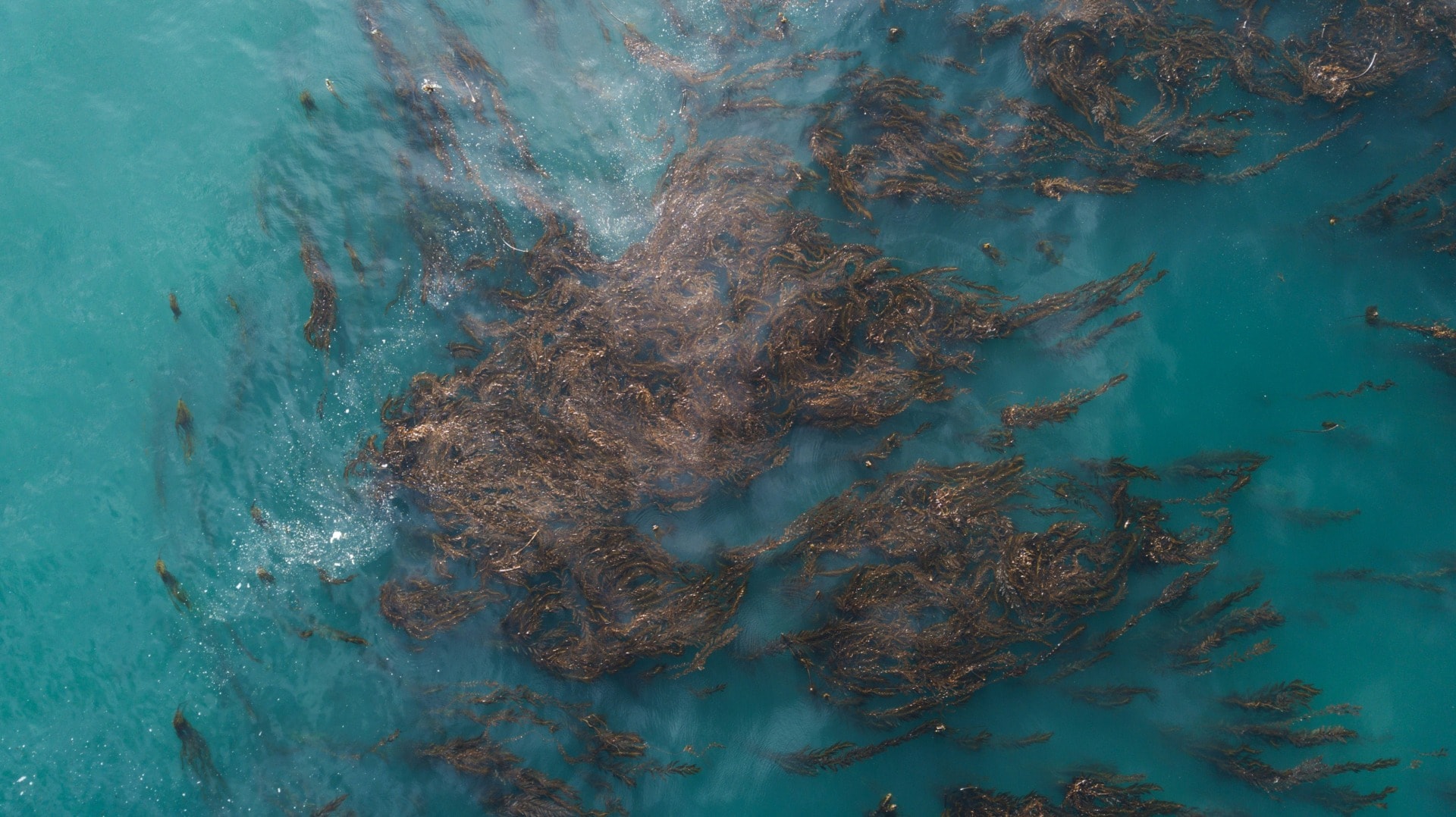The result of the referendum in Ecuador came after a decade of campaigning by environmentalists and Indigenous peoples seeking to protect the vast biodiversity and communities that live there — some who have no contact with the outside world.
Their campaign presented the vote as a once-in-a-lifetime opportunity to protect the vital ecosystem the forest represents.
“Today Ecuador takes a giant step to protect life, biodiversity, and Indigenous people,” Confeniae and Connie, Ecuador’s two main Indigenous groups, wrote in a joint statement.
Why is the Amazon so important?
This vote has implications not only for Ecuadorians but for the entire world. Covering an area of around 5.5 million square kilometers, the Amazon is the world’s largest and most diverse tropical rainforest.
As the WWF explains, “[i]t is also the only rainforest that we have left in terms of size and diversity.”
Often described as the “lungs of the Earth,” the Amazon takes in carbon dioxide (CO2) from the atmosphere, vital in our time of climate crises, and pumps out oxygen. While the rainforest normally absorbs 25% of the CO2 absorbed by all the land on Earth, today it absorbs about 30% less CO2 than it did the 1990s as a result of deforestation.
Much of this vital resource is in oil-rich parts of Ecuador.
The rainforest is also one of the most biodiverse regions on the planet. It is home to more than half the world’s animal and plant species, with 610 species of birds, 130 species of amphibians, 121 species of reptiles and 3 species unique to the region.
Many of these species and plants could potentially have as yet unknown medical benefits — for example, quinine that helps with the treatment of malaria is extracted from tree bark found in the area.
Related Articles: Amazon Deforestation Falls 66% in a Year: Is the Situation Finally Turning Around? | Divergent Paths: Amazon Nations Fail to Agree on Deforestation Goals | How Climate Change Is Affecting Women in the Amazon
Oil drilling is a problem in this vital area as it can lead to both deforestation and loss of biodiversity. There have also been issues with pollution as spills of crude oil have led to saturated wetlands and water poisoning, both for people and wildlife. The Indigenous peoples that live in the area have been particularly vocal in the campaign to stop drilling in the region.
“Destroying rainforest for economic gain is like burning a Renaissance painting to cook a meal,”
— E.O Wilson, American biologist.
Oil drilling in the Amazon: History of the dispute
Those in favour of oil drilling in the area have long argued that it is vital to the economy of the poverty-stricken country. Oil is Ecuador’s main export, accounting for an estimated 27% of total exports in value and bringing in 1.2 billion dollars a year.
In 2007 a potential solution to this situation was put forward by the then President of Ecuador Rafael Correa. He proposed that 850 million barrels of oil remain in the ground in return for rich nations paying the country half the oil’s value of £3.6 billion. Unfortunately, the bid failed, with very little money coming into Ecuador.
In 2013, Correa gave permission to companies to drill on 2,000 hectares of the rainforest; the Ecuadorian state oil company began to drill in 2016, producing up to 55,000 barrels of oil a day.
This decision led to a decade-long protest and campaigns from both environmental groups and indigenous peoples, leading to a referendum on the issue as part of the recent elections.
What does this mean for the future?
The vote is both a triumph for environmental campaigners in Ecuador and a blow for the advocates of oil drilling in the Amazon. The main consequence will be that the state oil company Petroecuador will have to stop and remove its operations in the Yasuni region. At present, this accounts for around 60,000 barrels of oil a day.
For now, the referendum decision applies solely to the area known as Block 43. However, oil production also takes place in many other regions of the Amazon, and the vote will no doubt lead to continued challenges by campaigners in these areas too.
“Ecuadorians have come together for this cause to provide a life opportunity for our Indigenous brothers and sisters and also to show the entire world, amidst these challenging times of climate change, that we stand in support of the rainforest,”
— Nemo Guiquita, a leader of the Waorani tribe
Editor’s Note: The opinions expressed here by the authors are their own, not those of Impakter.com — In the Featured Photo: Yasuni National Park in the Ecuadorian Amazon. The park is considered one of the most biologically diverse spots on Earth. Yet, recent oil drilling activities, inside the reserve, are threatening this magnificent undisturbed rainforest. Featured Photo Credit: Jose Schreckinger (distributed via imaggeo.egu.eu).








